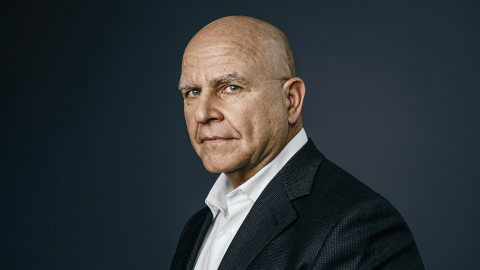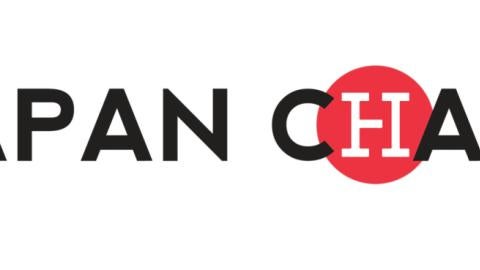WASHINGTON – Hudson Institute announced today that former U.S. National Security Advisor Lieutenant General (Ret.) H.R. McMaster will be the inaugural holder of its newly established Japan Chair.
Since its founding nearly 60 years ago, Hudson Institute has championed a strong Japan and the importance of the U.S.-Japan alliance. Hudson’s founder, Herman Kahn, was among the first to predict the rise of Japan as a major world economic power. In 2013, Prime Minister Shinzō Abe received Hudson’s Herman Kahn Award, in part in recognition of Japan’s crucial role in helping secure a free and prosperous future for democracies around the world.
“Today, more than ever, growing threats in Northeast Asia and the Indo-Pacific prove the need for an enduring U.S.-Japan alliance,” said Hudson President and CEO Ken Weinstein. “We have launched the Japan Chair to address these challenges and opportunities, and we are honored to have H.R. McMaster at the helm of this major new initiative. With deep ties in both Washington and Tokyo, Hudson is poised to use this program to expand economic ties, enhance defense cooperation, and promote closer scientific and technological collaboration between the United States and Japan.”
“In light of direct threats such as North Korea’s nuclear and missile programs, as well as indirect threats such as those posed by the policies and actions of the Chinese Communist Party, the Japan-United States alliance is more important than ever,” said H.R. McMaster. “I look forward to doing all I can to support Hudson’s important work to strengthen our relationship and identify opportunities to preserve peace, promote prosperity, and advance our common principles as free, open, democratic nations. I hope also to contribute to increasing our confidence not only in our individual nations and relationship, but also in the free and open systems that connect the United States and Japan to like-minded democracies across the Indo-Pacific region and beyond.”
Hudson Institute also announced that Masashi Murano has joined the Institute as Japan Chair fellow. In this capacity he will support Chair research, programs, and events, with a focus on U.S.-Japan defense cooperation and nuclear and conventional deterrence analysis. “We are delighted that Murano-san has joined Hudson at this critical time, and we look forward to his contributions to Hudson’s work on Japan,” said Weinstein.
Lieutenant General H.R. McMaster, U.S. Army (Ret.)
H.R. McMaster holds Hudson Institute’s Japan Chair. He is also the Fouad and Michelle Ajami Senior Fellow at Stanford University’s Hoover Institution. McMaster was the 26th assistant to the president for national security affairs. He served as a commissioned officer in the United States Army for thirty-four years before retiring as a lieutenant general in June 2018.
From 2014 to 2017 McMaster designed the future army as deputy commanding general, futures, of the U.S. Army Training and Doctrine Command. Previously he commanded the Maneuver Center of Excellence and Fort Benning, Georgia; a joint multinational task force in Afghanistan, and the Third Armored Cavalry Regiment in Iraq. McMaster was an assistant professor of history at the United States Military Academy from 1994 to 1996.
McMaster was commissioned as an officer in the United States Army upon graduation from the United States Military Academy in 1984. He holds a Ph.D. in military history from the University of North Carolina at Chapel Hill.
Masashi Murano
Masashi Murano is a Japan Chair fellow at Hudson Institute. His research areas include U.S.-Japan defense cooperation and nuclear and conventional deterrence analysis. Prior to joining Hudson, he was a fellow at the Tokyo-based Okazaki Institute. Murano received his bachelor’s and master’s degrees from Takushoku University in Tokyo, where he pursued undergraduate work in Asia-Pacific studies and graduate work in security studies.
For additional information, **click here** or contact Hudson Institute at (202) 974-2400 or **press@hudson.org**
















